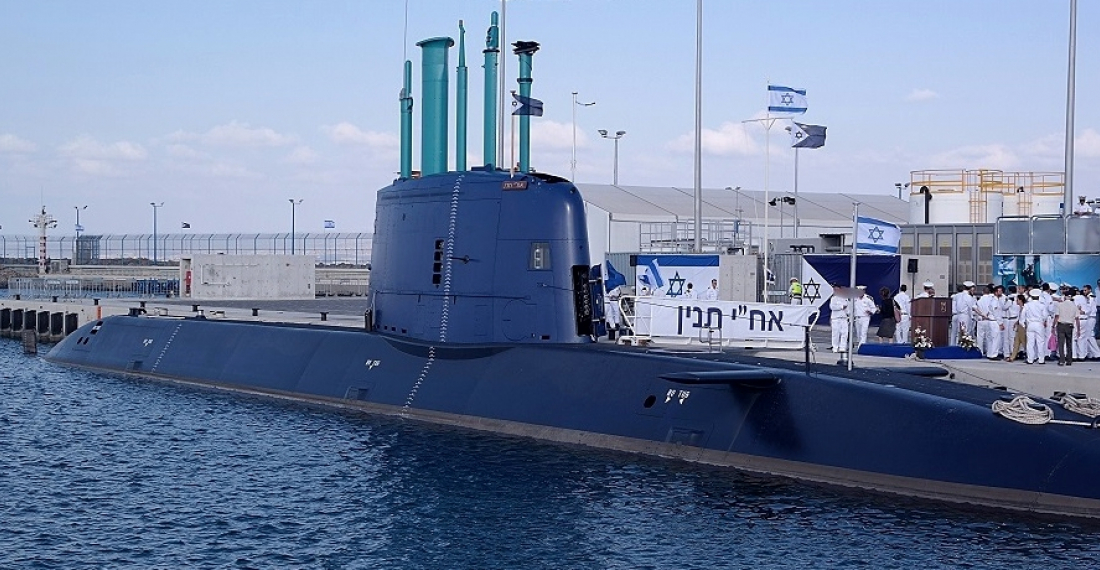Iran has warned Israel not to cross its red lines after media reports that an Israeli submarine has passed through the Suez Canal and entered the Red Sea. The reports carried by mainstream Israeli newspapers say that the submarine passed through the canal with the acquiescence of Egypt sometime last week.
Iran warned Israel on Monday not to cross its "red lines" in the Gulf in the final days of Donald Trump's presidency, following the reported submarine deployment.
Foreign ministry spokesman Saeed Khatibzadeh stressed the Islamic republic would defend itself against any American military "adventure" in the run-up to the January 20 handover of power in Washington.
The statement came a week after the US Navy announced a nuclear submarine was being deployed to the Gulf, in a new show of force directed at Iran.
"Everyone knows the policies [of Tehran] regarding security and national security … Everyone knows very well how high the risk is raised if the red lines of Iran are crossed," Khatibzadeh told an online news conference. Tehran accuses its regional foe Israel of responsibility for several anti-Iranian operations, including the assassination last month of nuclear scientist Mohsen Fakhrizadeh.
source: commonspace.eu with agencies
photo: An Israeli Dolphin II class subamrine (archive picture)







